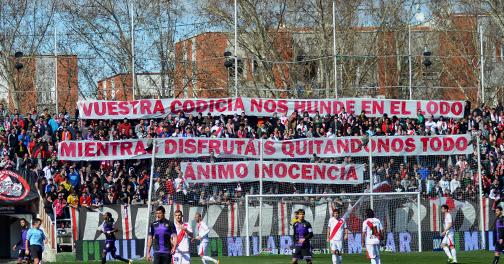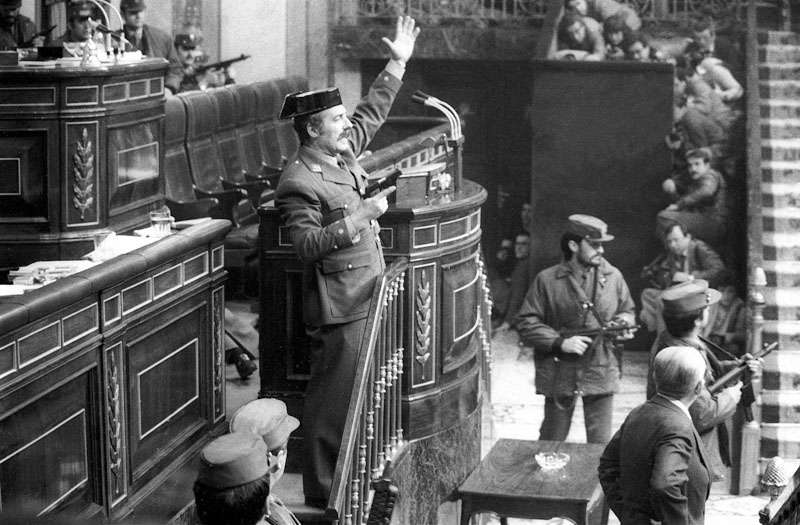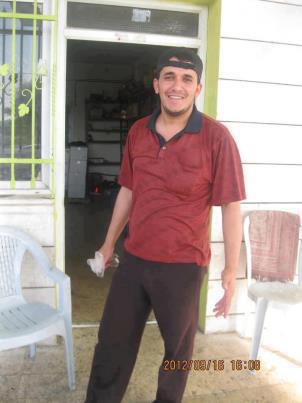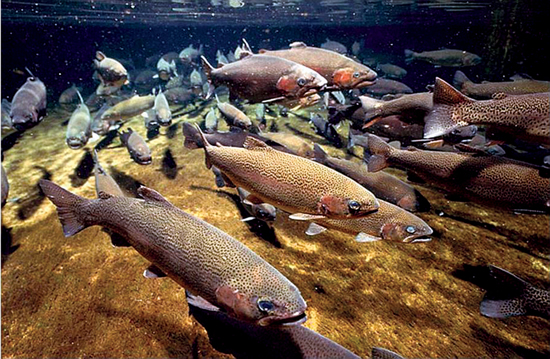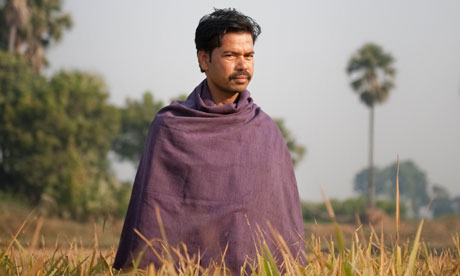That is what a royal aide,
Sabino Fernández Campo, has revealed in his posthumous memories, that the so-called
23-F coup of February 23rd 1981 had the backing of the King of Spain, Juan Carlos Borbón Borbón.
In an excerpt published
in the blog of veteran Conservative Basque Nationalist politician Iñaki Anasagasti[es], Fernández, Secretary General of the Royal House, mentions how the King repeatedly said to him and to the direct coup leader, General Alfonso Armada (at the telephone), that "the shoots were not planned". From the context "the shoots" are actually those that Lieutenant-Colonel Tejero (a Guardia Civil commander) executed in the joint
Cortes meeting at the Palace of Congress, when holding hostage all the state-level elected representatives of the state (both deputies and senators were present that day), in order to intimidate them.
Apparently this "intimidation" shooting was not planned and worried the monarch, who called the operative commander Gral. Armada and ordered him to go to his presence for explaining. Three minutes later he revoked his decision on Fernández' advise, who considered that a commander should not abandon his headquarter in such a crisis situation. Fernández did not realize initially, it would seem from his account, that Armada or even the King were involved in the coup. Only later, when alone, he began wondering albeit still confused by the situation.
Then he recalls how Tejero claimed (and that was filmed by TV cameras who were emitting for two hours surreptitiously) that he was doing that "in the name of the King". The monarch did not like that either, so he said:
Yes, Sabino, it is serious. I think we must summon Armada to Zarzuela [the royal residence] so he explains us in detail what is going on, because I think that there are happening things that were not planned.
Things not planned, what do you mean, your majesty?
Well, it's a way of talking...
And then Fernández says to have noticed certain nervousness for the first time and that the monarch was hiding something.
Then after a most suspicious telephone exchange with some generals and also the reports of the national TV and radio being occupied by the putschists. Fernández entered again the royal office and, to his growing confusion and anger, he saw him there celebrating with champagne.
Fernández remembers to have scolded the King for that, to what he felt ashamed and nervous and ordered everyone to leave (all but the Queen and Fernández did). Then he asked his Secretary General:
Sabino, please save me! Save the Monarchy, right now I don't know even what to say!
He then suggested to talk directly to all captain generals (regional commanders). When he mentioned that the Brunete Division (only armored unit of the Spanish Army) had taken the television and radio, the monarch said:
I knew it, I knew it!
You knew what, sir?
What was going to happen.
At that point the Queen left the room without saying a word.
Fernández claims, after a moment of emotional collapse, to have then suggested to order the coup to stop, so they agreed that the monarch would talk to the captain generals and so he did, speaking first with Jaime Millans del Bosh, one of the most ardent putschists who had unleashed the troops out to the streets of the main towns of his military region (Valencia). The others were more shy, it seems, and were awaiting royal confirmation.
He then acknowledges that he agreed to choreography a false historical version so the Monarchy could appear as savior of the democracy, as the mainstream media (but not some more serious historians and witnesses) have parroted ever since then.
The real history seems to be that all generals followed the new orders from Zarzuela, although Millans del Bosch only did so reluctantly, after the monarch spoke in TV, but Tejero, a hardcore fascist, considering himself betrayed (they offered him exile in Venezuela, also he did not know that the plan implied a concentration government with the social-democrats and communists as result), did not, so he was the one most severely punished in the trials that followed.
The coup however worked in a sense, pushing the breaks of the decentralizing reforms that the first governments of Adolfo Suárez had promoted. Soon the Organic Law of Harmonization of Autonomies (LOAPA) was passed in an attempt, partly successful after judicial dispute, to curtail the growing self-rule of Catalonia and the Western Basque Country.

